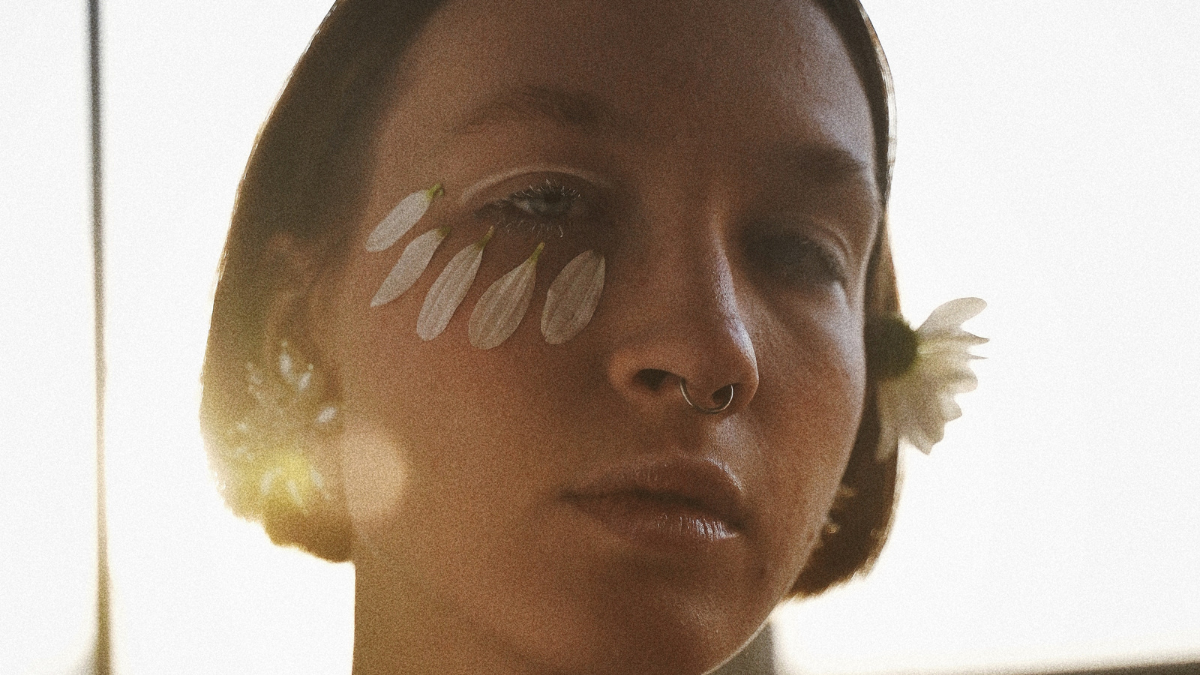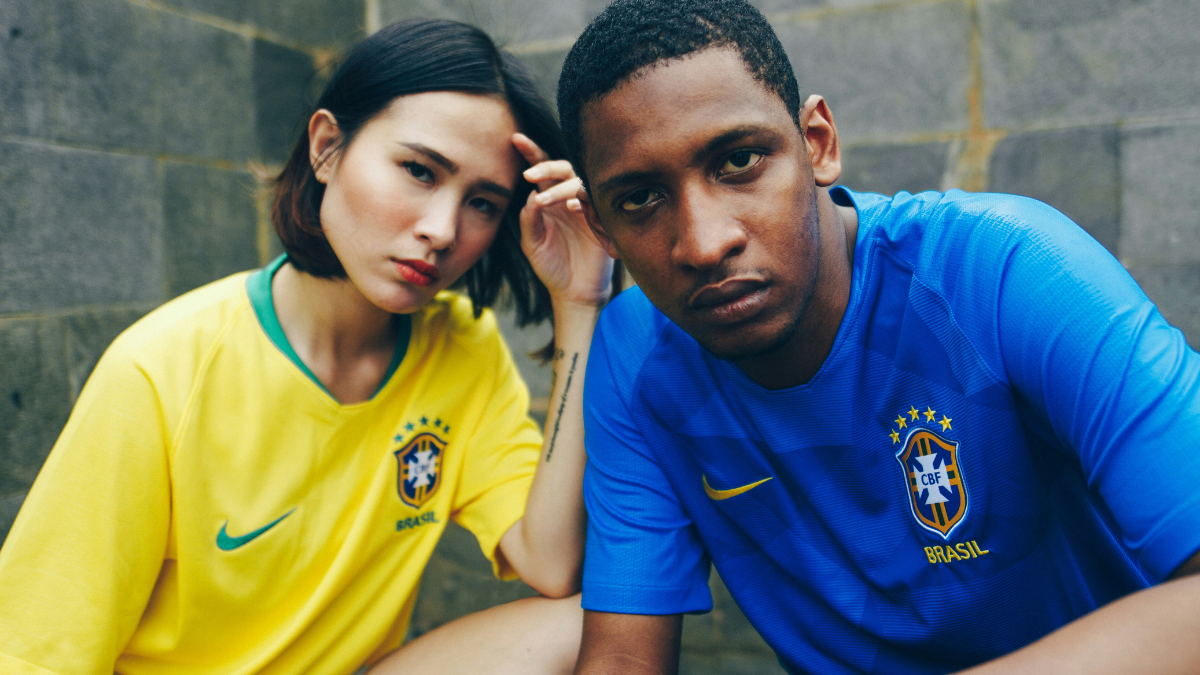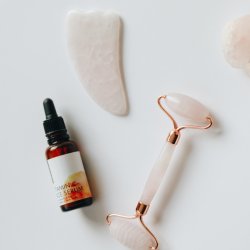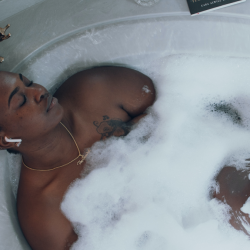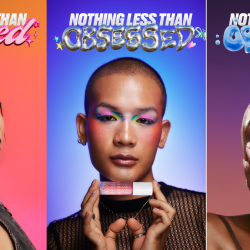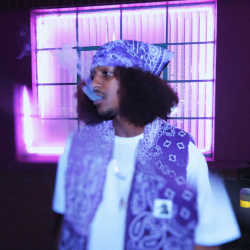Long lost are the times when we first faced the Covid-19 pandemic, causing a divorce between the beauty industry and the general public (a beauty industry that was pushing endless colorful eyeshadow palettes, Euphoria-inspired looks, and was just starting to tap into skincare-focused routines at the time). All of a sudden, we found ourselves at home shifting all our energy from trying to look good to feel good. Many people discovered that they had been neglecting their well-being up to that point, where the circumstances pushed us to work from home and take a long collective break from the constant commuting, planning and conciliating family and pleasure with hustle culture.
The wellness industry boomed like never before. We picked up meditation, yoga, workout routines (Chloe Ting anyone?) and DIY face masks. Coming from rushing to apply mascara at 7am, the shift was a breath of fresh air and an opportunity to become more vulnerable with ourselves. Beauty brands listened: launches were now being marketed with a feel-good, treat-yourself kind of vibe, launching serum-like foundations, eucalyptus-scented shampoos and shower accessories for the perfect pamper routine.
Three years have now passed…
The GWI predicts the wellness industry will be worth $7.0 trillion by 2025. Wellness trends are all over our feeds, in an environment where a trend cycle is shorter than ever. It takes one viral video to create a worldwide surge for it to die in less than a week. One has barely enough time to purchase a product and try it out before there is another viral video trying to debunk its effectiveness.
The issue is becoming larger by the day, with multiple conflicting wellness trends coexisting at the same time — and the general public is confused, or even worse, misled — potentially causing irreparable damage to those who seek wellness guidance from such digital gurus. For every video recommending SPF products for the summer, there is now another from anti-sunscreen TikTok trying to deny the effectiveness of SPF, suggesting to create your own with random ingredients like mayonnaise instead. These fads have a direct impact on health, potentially causing long-term skin damage or skin cancer for those who believe them.
So where’s the line?
The issue also emerges from certain parts of spiritual TikTok — where certain trends do have a great positive impact (such as journaling, ‘digital detoxes’ and magnesium supplements) others can counteract positive habits and even potentially destroy all of the mental health progress made so far, such as suggesting Kambô (a ritual consisting of introducing a frog toxin into the bloodstream) retreats without warning about the risk of associated psychosis (as reported by the National Library of Medicine).
From a branding perspective, wellness brands need to shift focus to building trust
Skepticism is at an all-time high, due to these constant conflicting trends and lack of foundational evidence to prove not only products’ effectiveness but their safety as well. Sponsored content has lost an incredible amount of momentum: let’s not forget the insanely viral moment antagonized by beauty creator Mikayla Nogueira earlier this year, when she posted a sponsored video for L’Oreal Telescopic mascara while wearing falsies. Organic is the way to build a community and trust-based wellness brand.
Strategies are heavily reliant on UGC creators and influencers, who are more often than not chosen based on their reach and engagement numbers, without communicating the priceless trust these brands so desperately need. The only choice is more than evident — we are back in the era of thought leadership.
Not only do we need dermatologists, licensed estheticians (a trained technician who specialises in skin beautification) and doctors back in the spotlight, but also founders and product developers giving all the behind-the-scenes from conceptualization to formulation, as well as all the why’s: Why was this product developed? How does it benefit society? And more importantly, how is this product just not another gimmicky cash grab?
Where honesty will benefit brands from all industries, wellness product requires such delicate handling and strategy as they may directly impact our health. Transparency is non-negotiable. The consumer often doesn’t understand labels and INCIs — it’s up to the brands to dissect the product for their audience to know what they are putting in their bodies.
Building trust, in the middle of what appears to be a minefield of misinformation and distrust, on a feed that constantly pushes product for the sole purpose of selling, is no easy feat. However, brands who achieve this successfully will snowball into a ‘love brand’ status, and have an army of evangelists ready to swear loyalty at every launch.
Featured image: Olena Bohovyk / Pexels


















